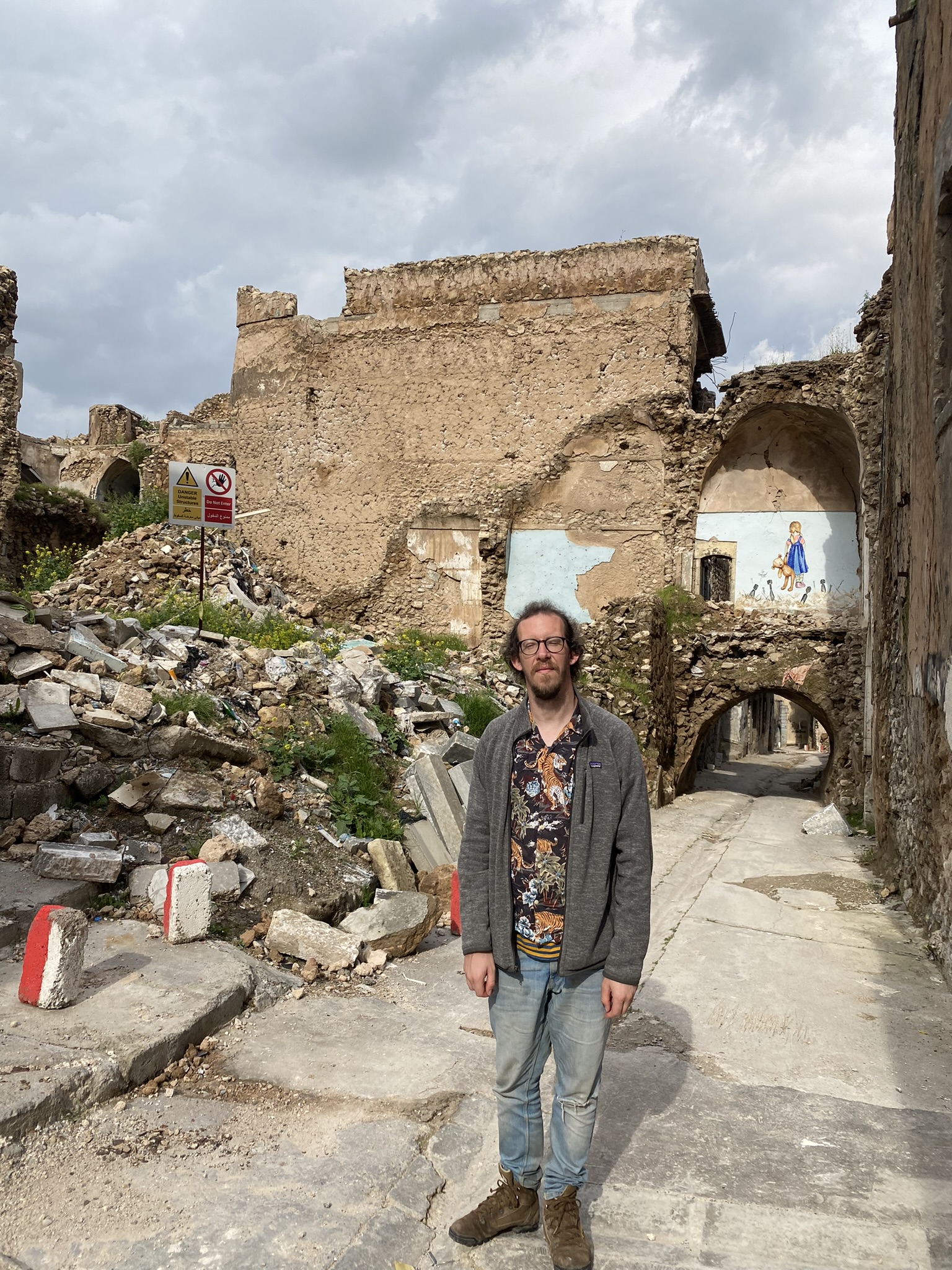
1. Introduction to Mosul
- History: Mosul has a rich history dating back over a millennium and has been a crossroads of cultures due to its strategic location. The city has experienced significant conflict in recent years, including heavy damage during battles to reclaim it from ISIS control.
- Current Status: As of recent years, reconstruction efforts have been underway, but many parts of Mosul, especially the Old City, remain heavily damaged. It’s essential to stay updated on local conditions and advisories from reliable sources like your government’s travel advisories.
2. Safety and Travel Advisories
- Check Updates: Always check the latest travel advisories from your government and consider consulting with local contacts or guides.
- Local Guidance: Engaging a local guide not only enhances safety but also enriches the travel experience with local insights and access to areas that might otherwise be difficult to navigate.
3. Cultural Sensitivity
- Respect and Awareness: Mosul, like many parts of Iraq, is culturally conservative. Respect local customs, dress modestly, and be sensitive to local norms, especially in religious areas.
4. Major Attractions
- Mosul Museum: Though heavily damaged and looted, efforts to restore and reopen parts of the museum are ongoing. It once housed significant artifacts from Assyrian sites.
- Old City: The historical center, although largely ruined, is gradually being reconstructed. The Old City is a testament to Mosul’s resilience.
- Al-Nuri Mosque: Famous for its leaning minaret, which was destroyed in 2017, plans for reconstruction have been underway, symbolizing hope for recovery.
5. Practical Information
- Getting There and Around: Access to Mosul can be challenging, with road conditions and security checkpoints frequently changing. Air travel to nearby airports followed by secured ground transportation is advisable.
- Accommodation: Options for staying overnight can be limited and should be planned well in advance, prioritizing security.
- Food and Drink: The local cuisine offers an array of traditional dishes, with street food and local restaurants providing an authentic taste of Mosul’s culinary culture.
6. Support Local Economy
- Shopping and Souvenirs: Purchasing local handicrafts and products helps support the local economy. Markets in safer areas of the city offer crafts, textiles, and traditional items.
7. Conclusion
- Understanding and Patience: Traveling to Mosul requires a spirit of adventure, deep respect for local conditions, and a commitment to understanding the context of the places visited.
This guide would be part of a broader effort to responsibly introduce travelers to a city with a rich history that is in the process of healing and rebuilding. Always ensure that your visit aligns with current safety guidelines and contributes positively to the local community.
Leave a Reply